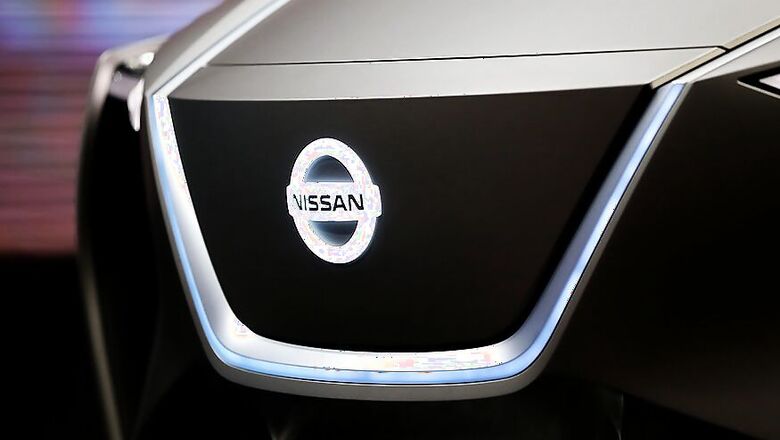
views
Nissan Motor Co announced plans to sell 1 million electric vehicles (EVs) annually by 2022 and said it would focus its lower-emissions lineup on all-battery and gasoline-hybrid EVs rather than costlier technologies including plug-in hybrids.
Nissan and its rivals are planning to crank up development and production of electric cars in response to tightening emissions regulations around the world, even as demand for such vehicles remains limited due to their high cost and limited charging infrastructure.
The Japanese automaker said on Friday it would develop eight new all-battery EVs over the next four years, including four models for China, where it is planning to expand. Its luxury Infiniti brand would begin carrying new electric models from 2021, it added.
Through 2022, vehicles powered by its "e-power" gasoline-hybrid technology would likely comprise the majority of Nissan's electric line-up through 2022, it said. Such vehicles use gasoline to power the car's motor, requiring a much smaller battery than EVs and therefore are less expensive to produce.
"The heart of our strategy in terms of electrification is battery EVs and e-Power technology," Nissan Chief Planning Officer Philippe Klein told reporters at a briefing. He did not disclose Nissan's planned investment in developing the new EVs.
Nissan and its automaking partners, France's Renault SA and Mitsubishi Motors Corp, together plan to launch 17 electric models as part of their strategy to achieve annual vehicle sales totalling 14 million units by 2022, compared with 10.6 million units in 2017.
Klein added that road tests for the automaker's self-driving vehicle followed the "highest safety levels possible", and that Nissan had no plans to stop testing its technology, following a fatal accident involving a self-driving car operated by Uber Technologies in the United States earlier this week.
Global automakers and technology companies are facing mounting pressure to prove that their automated driving functions under development are safe to use on public roads in light of the accident.
Nissan and mobile gaming operator DeNA Co earlier this month held public field tests of their Easy Ride self-driving taxi service in Yokohama. They plan to offer the service beginning in Japan in the early 2020s.
The automaker is also planning to equip 20 of its models, mostly in developed markets, with automated driving functions including self-driving capabilities on city roads by 2022.
As part of their mid-term strategy through 2022, Nissan and its automaking partners Renault and Mitsubishi Motors plan to launch a total of 40 vehicles with autonomous drive (AD) technology and become an operator of self-driving, ride-hailing services.
Also Watch




















Comments
0 comment